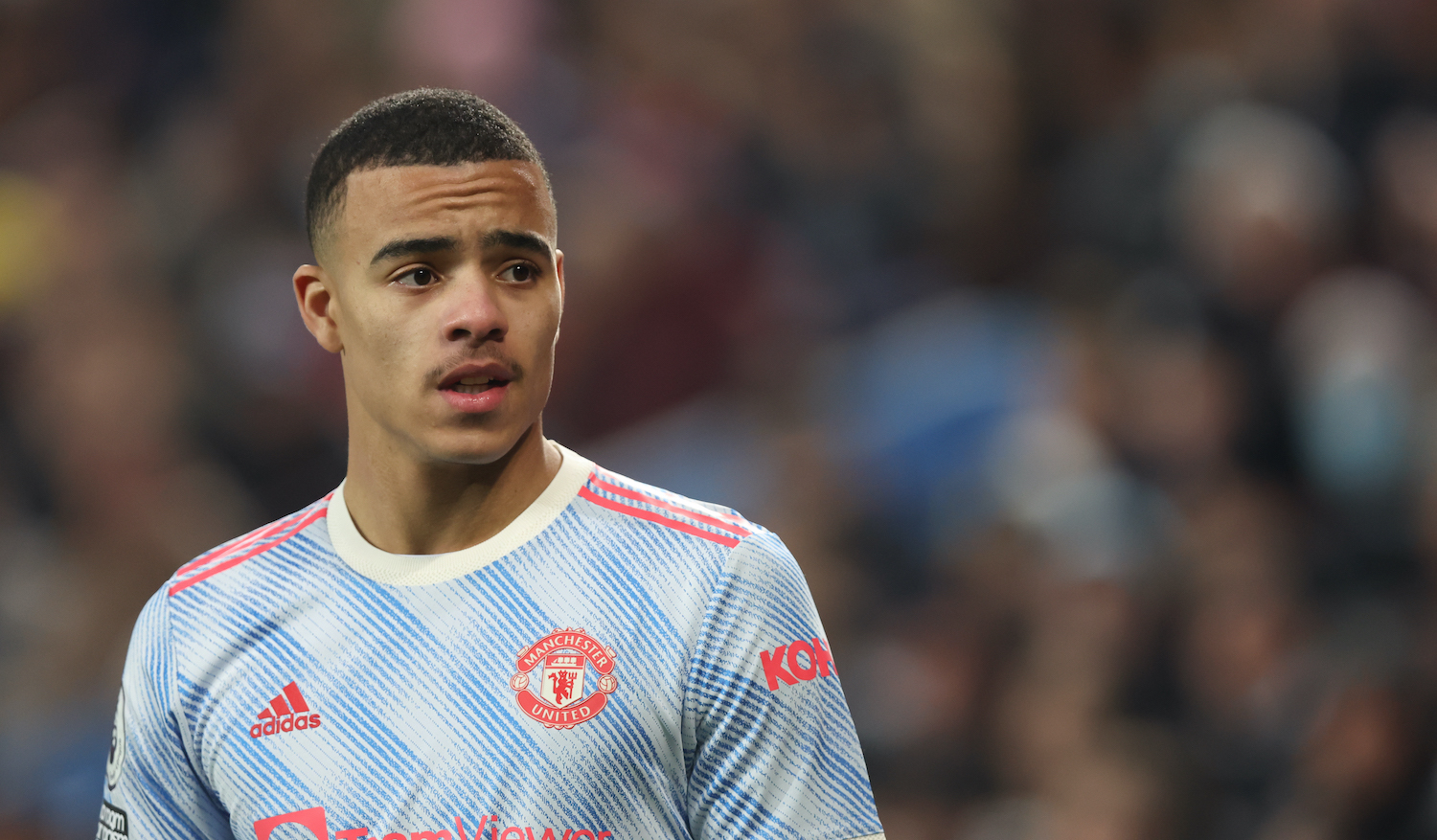Roughly three weeks after Manchester United initially began making plans to announce the reinstatement of forward Mason Greenwood, the club formally announced today that Greenwood will be leaving the team. United and Greenwood both released statements on Monday announcing that he would leave the club, ending a suspension that began in January 2022. Greenwood had been under criminal investigation following a series of graphic social media posts, which included photographs and an audio recording, accusing him of rape and sexual assault, though the charges were dropped in Feb. 2023.
Per the club's statement, United's investigators reached the conclusion that Greenwood deserved reinstatment. "Based on the evidence available to us, we have concluded that the material posted online did not provide a full picture and that Mason did not commit the offences in respect of which he was originally charged," the club wrote. This tracks with reporting from The Athletic, which says that United was very far along a plan to reinstate Greenwood ahead of this season. It had already started prepping manager Erik ten Hag on how to handle questions about Greenwood's place within the team and had prepared a detailed document anticipating which media figures and public bodies would be supportive of Greenwood's reinstatement or, in the club's words, "hostile" to it. The hostile groups reportedly included several media figures, as well as a number of domestic abuse charities.
So, if the club investigated this so thoroughly and believes Greenwood, why is it moving on from him? What happened in the last three weeks that led to such a swift reversal? United pretty starkly admitted that it wanted all along to reinstate Greenwood, only to underestimate how mad everyone would be (both at the reinstatement itself and an acutely insulting plan to deputize MUFC women's team members to help make the decision), and are now chalking this final decision up to the backlash it received. MUFC CEO Richard Arnold also released a statement getting into some specifics of the investigation, his reasoning for wanting to reinstate Greenwood, and the club's final decision not to. Here's the key bit:
While I am satisfied that Mason did not commit the acts he was charged with, Mason’s accepted that he has made mistakes which he takes responsibility for. I am also mindful of the challenge that Mason would face rebuilding his career and raising a baby together with his partner in the harsh spotlight of Manchester United. Further, this case has provoked strong opinions, and it is my responsibility to minimise any distraction to the unity we are seeking within the club.
MUFC
This is a fitting end to a mangled process, and one that manages to leave the fewest number of people ultimately satisfied with its conclusion. The club is more or less openly blaming media overreaction and rampant speculation by people who don't have the same evidence its investigators possess—evidence which of course the club claims it cannot release—for bullying an innocent young father out of a lucrative job. If United truly felt that bringing Greenwood back was the morally correct decision, then the club should have done so and accepted whatever consequences came with making that decision. That the execs who ultimately decided to jettison Greenwood now want to attribute their decision to the intensity of the public backlash, rather than their own unwillingness to stand up and accept that backlash, reveals what always motivates this sort of muddled decision-making process: A desire by the most powerful people in the equation to never have to take any real responsibility for anything.
Correction (4:13 p.m.): The original headline on this story stated that Greenwood's contract had been terminated, but reporting from ESPN indicates that even though Greenwood won't play for Manchester United again, his contract has not technically been terminated.






